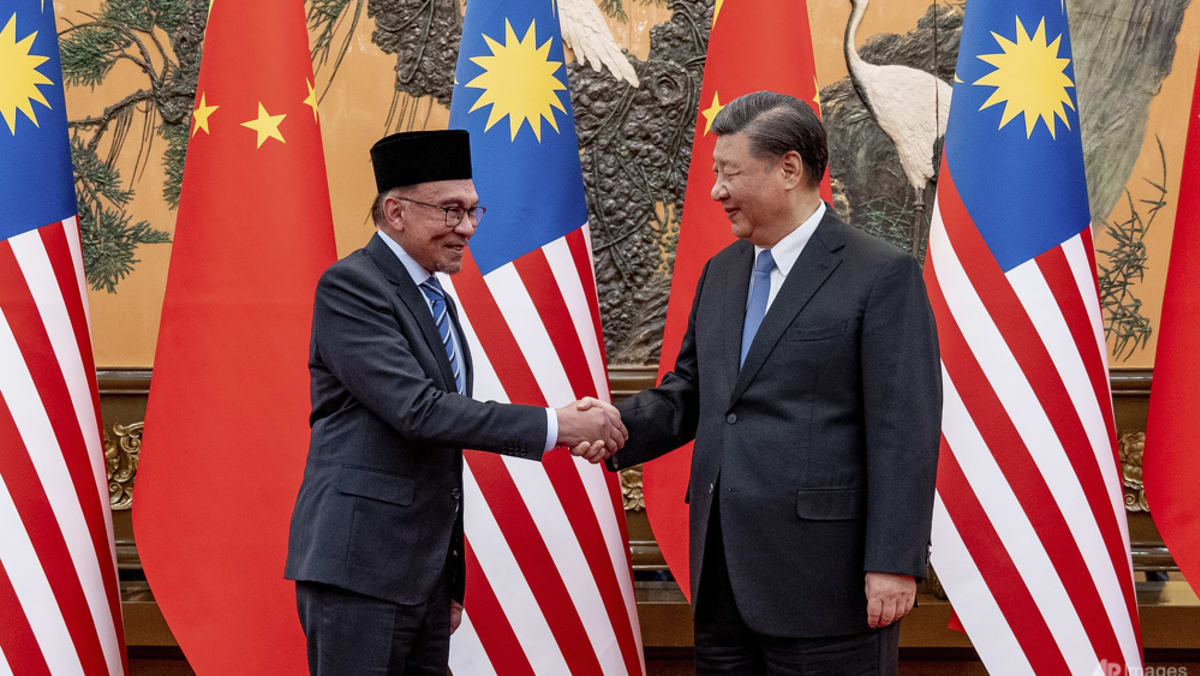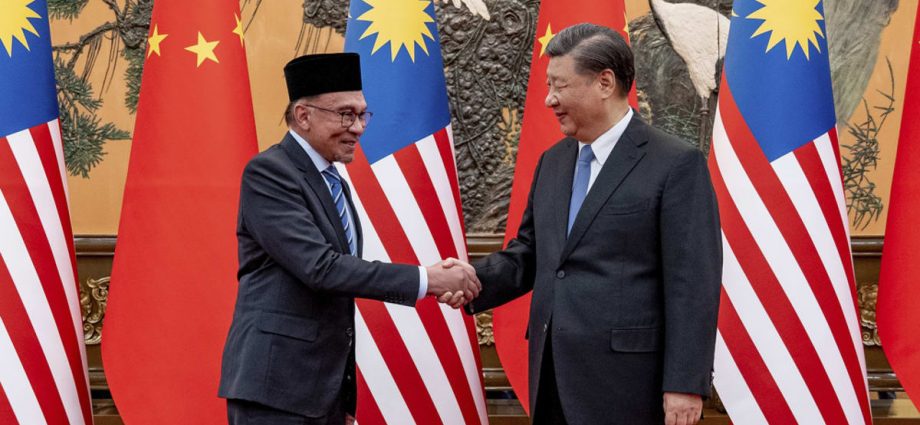
IDLE CHATTER OR SERIOUS TALKING POINT?
But in the hard-to-gauge rural regions, dominated by ethnic Muslim Malays who make up more than 60 per cent of the country’s 33.6 million people, Anwar’s Saudi trip is now the trending conversation during the holy month of Ramadan.
In these areas, where conservatism is on the rise and with Islam playing a pivotal role in daily life, Anwar’s political opponents, particularly from the ultra-right opposition Parti Islam Se-Malaysia (PAS), are stoking the anti-government fires by pushing the narrative that the prime minister’s failure to secure a meeting with the Saudi leadership was a deliberate snub and posed a serious risk to diplomatic relations.
PAS leaders have also gone as far as to allege that the Saudi royal family, widely revered in Malaysia because of their exalted status as custodians of Islam’s most holy sites, could cut back on Malaysia’s quota for the pilgrimage to Mecca, or the Haj.
The growing adverse sentiment among conservative Malays, who voted in favour of PAS and its ally, Parti Pribumi Bersatu Malaysia (Bersatu) in the November 2022 general election, is going to be difficult, especially at a time when Anwar is trying to win political support from the community ahead of a crucial set of regional elections for state assemblies that will take place sometime in June or July.

